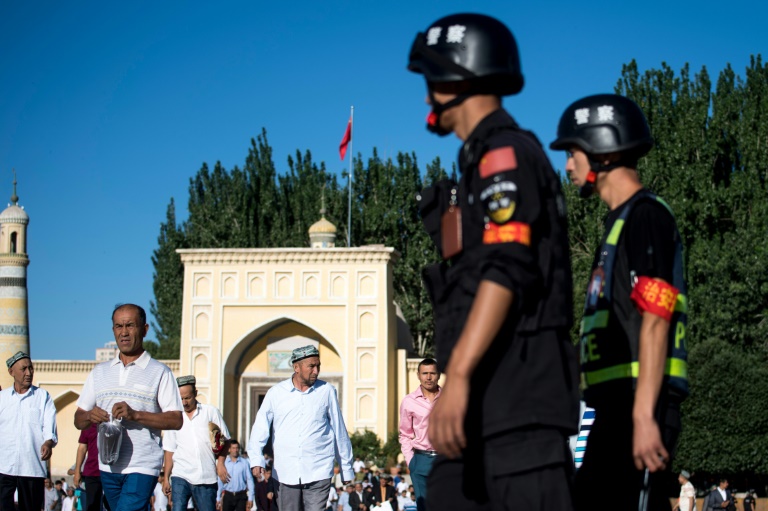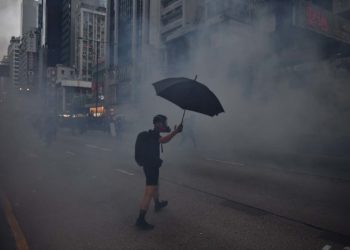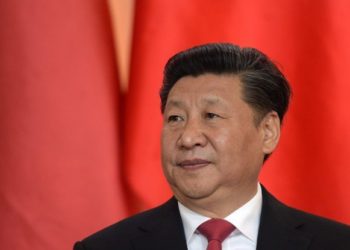Chinese authorities are using big data and predictive computing power to flag and detain individuals deemed threatening in the western Xinjiang region, Human Rights Watch said on Tuesday.
According to the New York-based rights group, Xinjiang authorities are collating vast troves of information on individuals, often without their knowledge, and using this to identify targets to check up on.
The Xinjiang region has a mostly Muslim Uighur population, which has struggled with increasingly strict curbs on their faith, including bans on beards and public prayers.
“For the first time, we are able to demonstrate that the Chinese government’s use of big data and predictive policing not only blatantly violates privacy rights, but also enables officials to arbitrarily detain people,” Maya Wang, senior China researcher at Human Rights Watch (HRW), said in a statement.
“People in Xinjiang can’t resist or challenge the increasingly intrusive scrutiny of their daily lives because most don’t even know about this ‘black box’ program or how it works,” she added.
Precrime becoming a reality in Xinjiang: @hrw sheds new light on how police are using big-data platforms to identify — and sometimes detain — potentially problematic Uighurs. My take w/ @ClementBurge: https://t.co/V1FjyoT0os
— Josh Chin (@joshchin) February 27, 2018
The data are collected under the “Integrated Joint Operations Platform,” which pools information from individuals’ bank records, legal past, computer details and other sources including security camera footage, HRW said.
According to people HRW interviewed, some of those targeted are detained and sent to extralegal “political education centers” where they are held indefinitely without charge or trial.
Chinese President Xi Jinping has led a sweeping crackdown on civil society since taking power in 2012, targeting everyone from human rights lawyers to celebrity gossip bloggers.
Mr. Xi’s enactment of regulations such as the national security law established legal bases for the government’s tightening grip, formalizing de facto restrictions that had long been in place.
The officially atheist authorities say the restrictions and heavy police presence in Xinjiang are intended to control the spread of Islamic extremism and separatist movements, but analysts warn that Xinjiang is becoming an open air prison.
























